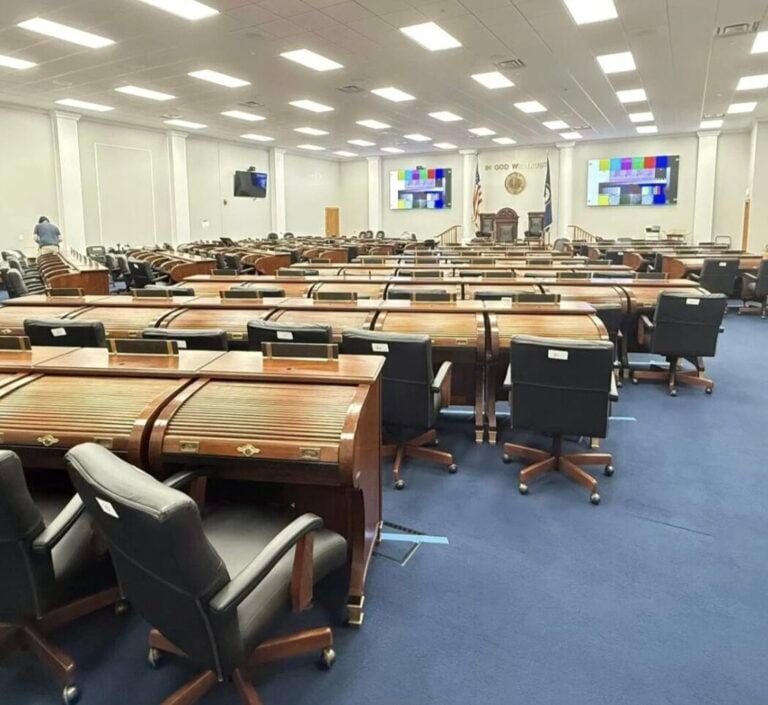Frankfort – There may only be 30 working days in this year’s legislative session, but it already seems like there are about twice as many major issues needing to be addressed before the General Assembly wraps up its work in late March.
Because the state operates under a two-year budget, and our constitution therefore requires larger majorities in the House and Senate to “open it up” in odd-numbered years, few of the bills filed have a significant financial impact.
Even so, that does not lessen the importance of those that may become law.
Some of the more prominent initiatives expected to be approved are well-known and appear to have wide support. Those include reducing the skyrocketing levels of heroin abuse and extending civil protections to victims of domestic violence in dating situations.
Another initiative likely to become law this year would make it easier for local and state governments to work more closely with private businesses in building or operating public projects or services. About half of the states have what is called a public-private partnership, or P3, in place.
Meanwhile, nearly 40 states allow communities to enact a local-option sales tax. This proposal, which is House Bill 1, also has bipartisan support in the House.
If the amendment is adopted by the General Assembly and then by voters in November 2016 – amendments can only be on the ballot in even-numbered years – cities and/or counties could then vote on whether to add up to a penny on the sales tax of items bought locally.
Like the public-private partnerships, this approach could also be used for major projects. Under this plan, however, all of the money would go to the project, and the increase in sales tax would end after the project is paid off.
Oklahoma City is often cited as an example of what can be accomplished, with its $2 billion investment in capital projects bringing in $5 billion more from the private sector. Those hoping this passes included the mayors of Kentucky’s two largest cities and such other groups as the Kentucky League of Cities, the Kentucky Association of Counties and the Kentucky Chamber of Commerce.
As I mentioned, there is a number of other issues set to be considered between now and the end of March. Those range from taking another step forward in strengthening our public retirement systems to raising the minimum wage nearly six years after it last went up.
Beshear will be pushing to increase age and height requirements for booster seats, and there will be a review of how the state funds its roads in light of declining prices at the pump.
There will also be an attempt to approve another constitutional amendment that would restore voting rights to most non-violent felons after they have completed all aspects of their punishment.
Most states make this process automatic, but in Kentucky, only the governor can restore voting rights. The House has approved this amendment by wide margins on eight different occasions, and there is hope that this is the year it passes.
Under the rules governing odd-year legislative sessions, the General Assembly is currently in recess and will resume meeting on Feb. 3rd. As you may recall, the session’s first four days early this month were set aside to focus on electing legislative leaders and establishing the committee system for the next two years.
I hope to hear from you soon.
Rep. Mike Denham, a Democrat from Maysville, has represented House District 70 (Bracken, Fleming and Mason counties) since 2001.

















